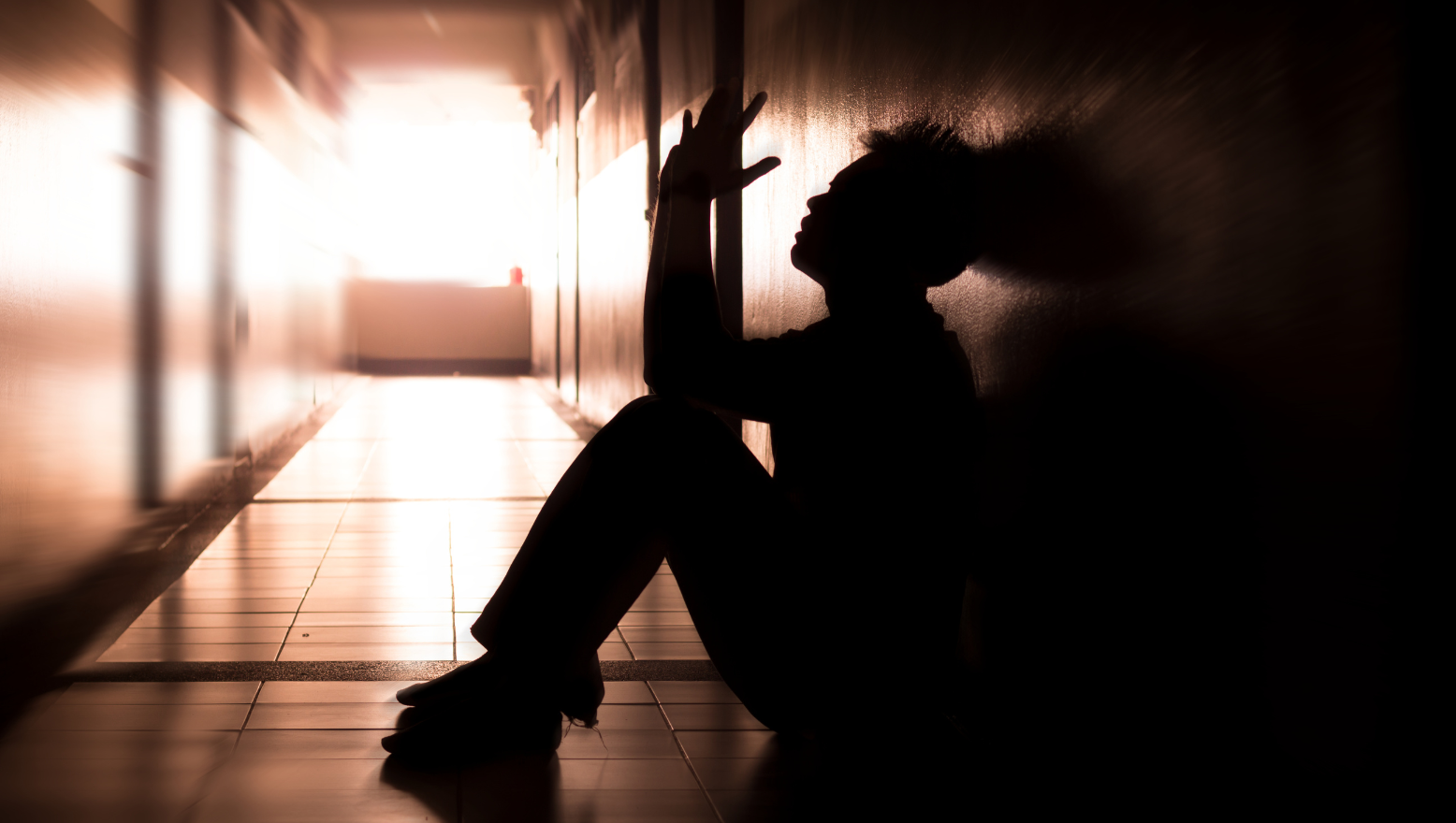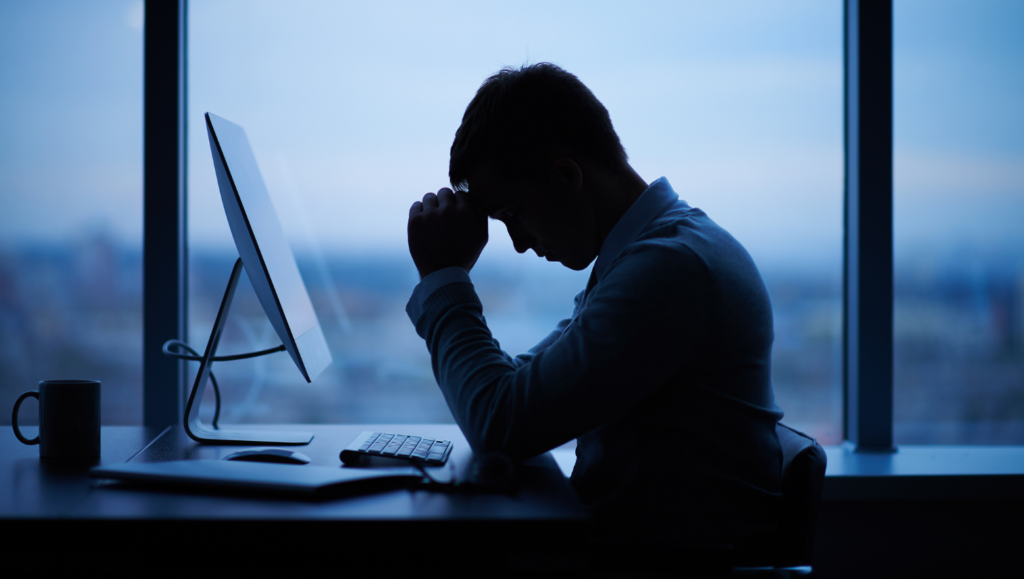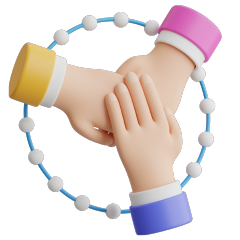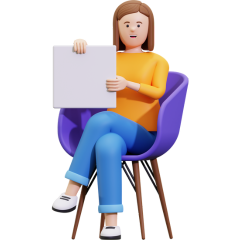Getting started with Leora is easy! Your employer will provide you with instructions on how to access the platform. This includes a special organisation code that is unique to your business. Simply follow the provided guidance to create an account and begin utilising the resources and support offered by Leora.
‘Man Up’: A candid look at men’s mental health challenges

Men’s mental health is often sidelined in broader conversations about well-being. As we mark International Men’s Day, let’s shift the focus to the mental health challenges men face, the factors contributing to them and the urgent need for support that meets their specific needs.
Men’s mental health is an often-overlooked topic in the broader conversation about psychological wellbeing. As a result, it’s an area where many are left without the support they need. The societal expectations for men—strength, resilience and stoicism—can create a barrier that prevents open discussions about mental health concerns.
In honour of International Men’s Day (19 November), it’s time to break down these walls by shedding light on the specific mental health challenges men face, how they differ from general mental health discussions and the importance of personalised support.
Table of Contents
The pressures and mental health toll of traditional masculinity
Across generations, men have been culturally and historically conditioned to suppress emotions and ‘man up’ in the face of challenges. This pressure to appear strong has shaped attitudes toward mental health among men, leading many to avoid vulnerability and emotional openness. Research shows this approach is not just dated but detrimental: men are significantly less likely than women to seek help.
A 2020 report by Movember reveals that 41% of Australian men avoid discussing mental health because they fear it would make them appear weak. Factors contributing to these attitudes stem from both societal expectations and historical perspectives on masculinity.
During the Victorian era, for example, society revered qualities of stoicism, self-reliance and emotional restraint, especially in men. These characteristics were passed down, reinforced in many cultures and are still visible in workplace expectations, media portrayals and family dynamics today.
High-risk groups and the hidden impact of mental health struggles
In Australia, specific groups of men face higher rates of mental health challenges. According to recent statistics from the Australian Institute of Health and Welfare, men aged 45-54 have some of the highest suicide rates.
Moreover, Australian men with disabilities or chronic health conditions are also more likely to struggle with depression, anxiety and stress compared to their peers. For instance, Disability Support Pension recipients report higher-than-average rates of depression and isolation, with a marked impact on their overall mental wellbeing.
Young fathers, veterans and men in high-stress jobs are similarly at risk. Studies show that over 45% of Australian men will experience a mental health condition in their lifetime, and many are influenced by issues like employment instability, social isolation and the pressure to fulfill traditional gender roles.
Why men don’t seek help: breaking down the barriers
While mental health support is increasingly available, barriers persist. According to Healthdirect Australia, many men cite stigma, fear of judgment and a lack of awareness as primary reasons they don’t reach out. In workplace settings, this reluctance can also stem from concerns about confidentiality or fear of career repercussions. There’s also the misconception that mental health issues are signs of weakness, which deters men from even acknowledging their struggles.

But the good news is that there are a lot of support pathways available to men in Australia. Mental health services are now recognising that tailored approaches work best.
Workplace Employee Assistance Programs (EAPs) are designed to offer confidential, professional support to employees. EAPs provide easy access to qualified counsellors and resources that can be customised upon assessing the employee’s mental health needs. This support allows men to take that first, big step toward prioritising their well-being.
Finding support for men’s mental health
There are several resources available for men seeking mental health support in Australia. Helplines such as Lifeline, Beyond Blue and specialised resources like MensLine Australia provide phone and online support. Support groups and therapy tailored for men are also available to help create and promote a sense of community and shared experience.
In addition to these helplines and groups, Leora Healthcare offers a unique platform that provides access to personalised and immediate wellness and psychological support. You can get mental health support in just a few clicks, which can help you prioritise self-care whenever you start feeling overwhelmed.
Self-care is integral to resilience, creativity and overall mental wellness. For Australian men struggling with stress, anxiety or depression, Leora provides a comprehensive approach to wellbeing through resources and continuous support that make it simple to prioritise mental health, day or night.
Through Leora, you can easily find qualified psychologists, therapists and counsellors who specialise in your specific concerns. It just takes a few clicks to book an appointment and get you started on your journey to better mental health quickly and confidently.
Recognising the signs of mental health struggles in men
Mental health challenges don’t always present the same way in men as they do in women. Common symptoms in men often include increased anger, irritability, risk-taking behaviours and substance use rather than traditional signs like sadness or nervousness. Here’s how to recognise the signs:
- Irritability and frustration – men may show frustration more than sadness, which can be misinterpreted as anger.
- Withdrawal from social activities, declining invitations and avoiding friends are often signs that something may be amiss.
- Physical symptoms – headaches, digestive issues and fatigue are common physical signs linked to mental health issues.
- Increased risk-taking – risky behaviours like reckless driving or excessive drinking can signal that a man is struggling emotionally.
- Substance misuse – alcohol or drug misuse is sometimes used as a coping mechanism and can exacerbate underlying issues.
Knowing these will help men and their loved ones recognise these symptoms early,which creates awareness of when to reach out for – or provide – support.

How we can all support men’s mental health
The journey to better mental health for men is about creating a culture that encourages openness. Friends, family and workplaces are all crucial partners in addressing gender-based biases and promoting wellbeing.
The good news: young Australian men are starting to reject stereotypical models of how to be a man, where ‘men are expected to always act tough, be aggressive, take risks, be stoic, heterosexual, homophobic and transphobic, emotionally inexpressive, hostile to femininity, and dominant.’
Here’s how we can all contribute to a healthier, an inclusive and gender-equitable society
- Encourage open conversations. Create safe spaces to discuss emotions without fear of judgment.
- Promote mental health check-ins. Encourage friends and colleagues to check in with each other regularly.
- Advocate for mental health policies at work. Support the implementation of policies that allow for mental health days, flexible working and easy access to mental health resources.
- Educate about mental health. The more we know, the more we can dispel myths and stereotypes that keep men from seeking help.
Men’s mental health needs to be a priority not just during International Men’s Day, but throughout the year. For those experiencing challenges, reaching out for help can be the strongest move you make.
For everyone else, it’s time to break down the barriers around mental health discussions and show the men in our lives that vulnerability is a strength, not a weakness.
Mental health is for everyone
Leora Healthcare is here to make caring for mental health simple and accessible. Through one connected wellbeing platform, you can schedule therapy appointments, seek immediate advice from qualified counsellors and utilise a library of wellness resources. Contact us to book a demo.

Frequently Asked Questions
Certainly! Leora is available 24/7, so you can access its support and resources at any time that suits you, including evenings and weekends. There are also several qualified mental health professionals on the Leora app who offer therapy sessions in the evenings and on weekends.
Leora employs robust security measures to protect your data. We use encryption, secure servers, and adhere to industry best practices to safeguard your information. Your data is handled in accordance with applicable privacy laws and regulations in Australia.
No, your conversations with Leora are strictly confidential. Your employer will not have access to your interactions unless you choose to share them. We prioritise your privacy and confidentiality throughout your journey with Leora.





